#Palestinians 🇵🇸
Text
One of the things that pisses me off most about this genocide and overall occupation is how many people say it's so complicated and there's so much nuance and there isn't one easy solution. This is one of the simplest things I have ever seen. Zionists invaded palestine in 1947-48. They have occupied it for 76 years while taking more and more land. They kidnap and torture and massacre Palestinians day in day out for those 76 years. They control every aspect of Palestinian life, including their water and medical care. And now they are committing another genocide against them. Where is the complication? What is hard to understand? "Well, Jewish people need a place where they won't be discriminated against" I absolutely agree. So make every country in the world safe for Jewish people. Fight against anti Semitism across the world. Don't commit a genocide and set up an ethnostate.
#free palestine 🇵🇸#from the river to the sea palestine will be free#free gaza#free palestine#palestine#palestinian genocide#gaza strip#gaza#middle east
49K notes
·
View notes
Text
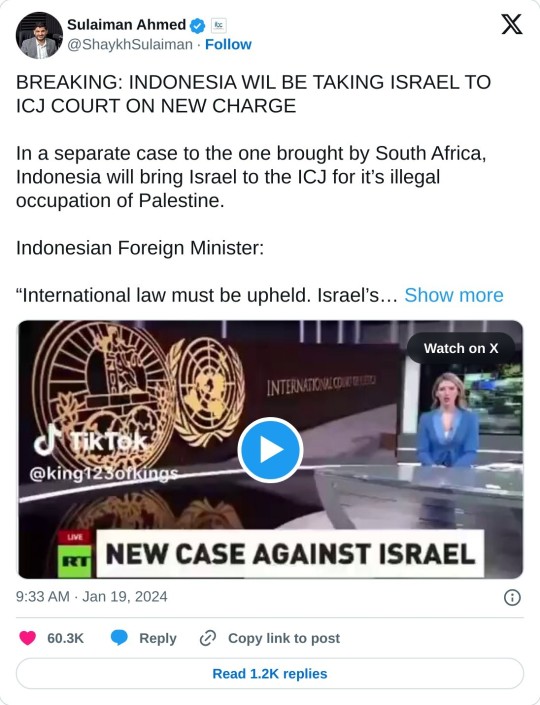
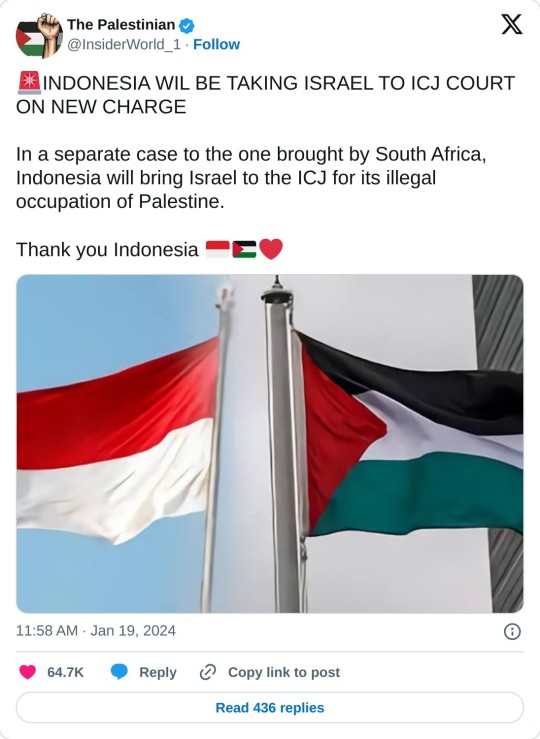
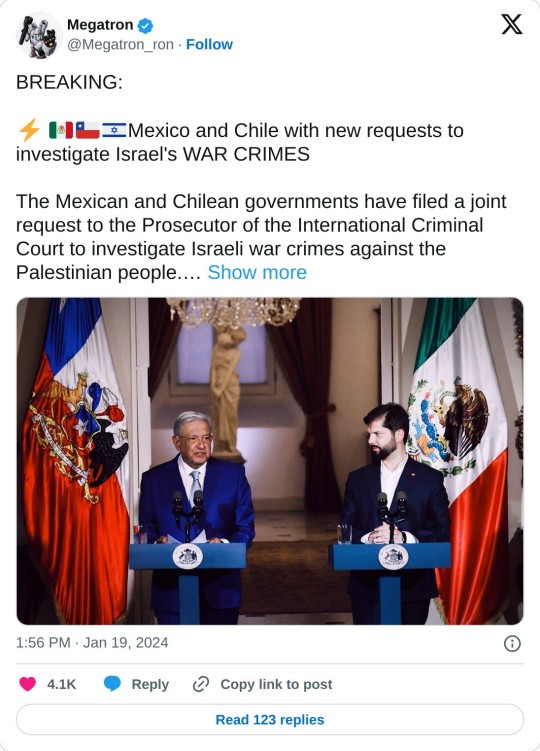
Take a good look at the countries leading/have started the legal battles to hold the IOF accountable -their fights to end IOF terrorism and war crimes, as this should have been done months ago, are now beginning.
So many Palestinian people have been genocided, and the rampant global government inaction has caused chaos, death, and destruction of Gaza... I just hope this leads to a permanent ceasefire and an end to the occupation. I truly do.
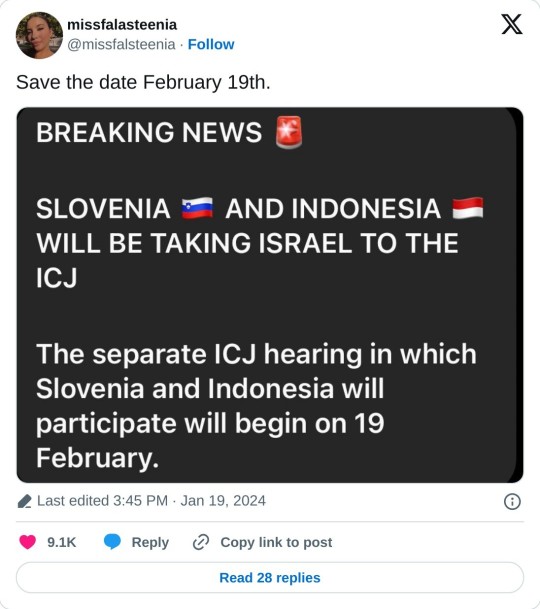
#feminist#feminism#social justice#free palestine#palestine#freepalastine🇵🇸#free gaza#current events#current news#world news#world politics#mexico#chile#indonesia#palestinian liberation#global south#solidarity#international court of justice#slovenia
54K notes
·
View notes
Text

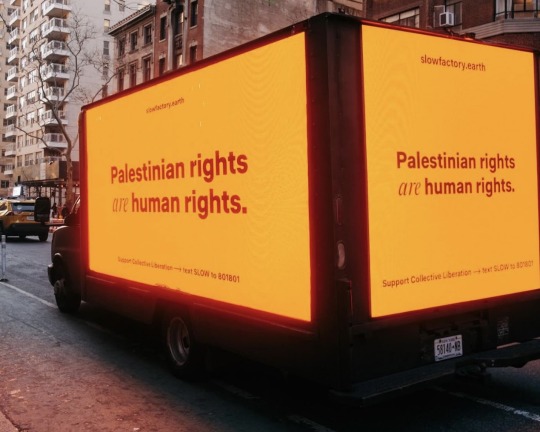

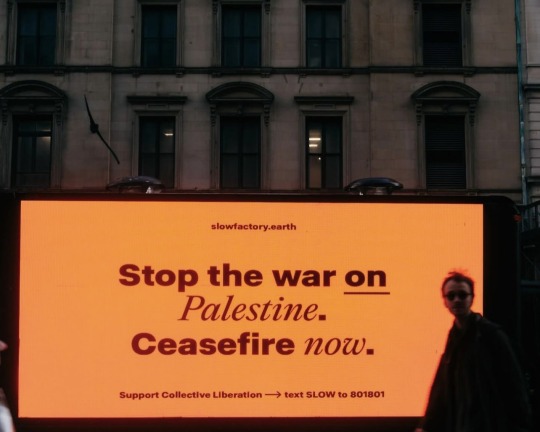
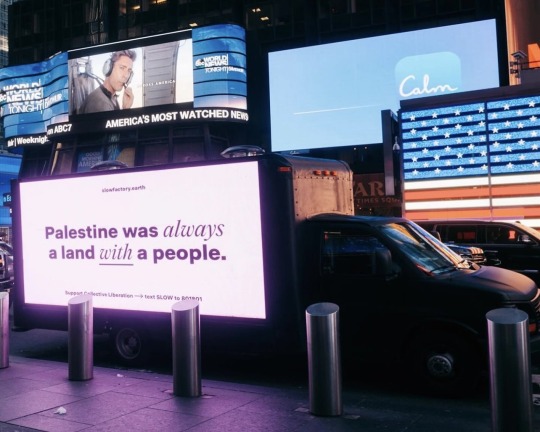

#palestine#free palestine#free gaza#ceasefire#palestinian rights#human rights#free palestine 🇵🇸#فلسطين 🇵🇸#new york city#new york#stop the genocide#stop the occupation
23K notes
·
View notes
Text
If somehow you haven’t seen by now, while the Super Bowl is being aired, Israel is striking Rafah.
The people of Palestine had been told to go there, they were promised it was safe.
And while this is happening, even though earlier several tags on Palestine were trending, only one or two are now.
I haven’t written any posts personally on Palestine myself. I didn’t feel I had anything to add here aside from reblogging and boosting whatever I can but please. We can’t forget Palestine or its people especially now.
This has gone on too long and gone much much too far MANY times and now is when we need to push harder.
Many of the heads of Western countries are either beating around the bush and wasting time, or outright denying the things the Palestinian people don’t have the privilege to ignore. They don’t have the choice to look away from their pain, or the pain of friends, family, neighbors, their country. And even through all of this they’re still trying their damn hardest just to live. And we all need to listen.
So now, especially if you live in a western country like I do, now we step it up a notch. Now is the time if you haven’t already to read up on Palestinian history. Listen to what the people of Palestine are saying. Hold firm on the boycott like never before. Any and every way you can donate, do it. eSIMs, aid, anything that will reach. Save as much evidence as you can. Videos, articles. Don’t let Zionists pretend all of this never happened.
Even if you think there’s nothing you can do, I’m telling you, keep going. Even if you feel you can only give a little, if we all give a little together it becomes much more.
Hit imperialism where it hurts. In the wallet. Follow the BDS instructions, find protests in your area if you can, boost as much information about Palestine as you can find, call your reps, and do not lose hope. The people of Palestine are not dead. They are holding on even through all this and we all owe it to them to do the same.
A Free Palestine will happen in our lifetimes. But it will be hard fought. So go out there and fight hard! The governments can’t hide from their own people forever. The companies can’t bleed cash forever. The people will win. So push until we do. Do not look away. Free Palestine
#important#palestine#free palestine#social justice#gaza#from the river to the sea palestine will be free#free gaza#justice for palestine#gaza strip#palestinian genocide#israel#end israel’s genocide#endisraelsgenocide#end occupation#gaza genocide#end israeli occupation#end israeli apartheid#current events#jerusalem#free palestine 🇵🇸#end israeli siege#I don’t usually makes posts personally and I apologize for lack of links in this one#but seriously#boycotts can crack oppression and they’ve done it before#no more complacency#boycott israel#decolonise palestine#end israel's genocide#from the river to the sea 🇵🇸#superbowl
16K notes
·
View notes
Text
These two kids are Hamza (the oldest) and Qusai (the youngest).
Their mother shares this video and bids them goodbye. They were both killed by Israeli bombardment 5 days ago. She says:
[Two days before Hamza and Qusai were killed, hamza asked me: "mom, when we die, where will I go?" And I told him: "you will be a bird in heaven, my love." He said: "and Qusai?" "Just like you inshallah."
And indeed, two days later, he left and took his brother with him. It's like he was preparing me for saying goodbye to both of them. Heaven is more beautiful than any place on this Earth, habibi. We will meet and be reunited one day, me, your dad and you two].
Our kids don't deserve to die already thinking about what will happen to them, they don't deserve to die already terrified, anticipating their death because the world failed them and decided their lives mean nothing. We are not numbers. Remember their names and their stories.
#if any of you have information/ a story of a Palestinian live lost send it to me and i will share it too#we have to keep their memory alive with us#Palestinian lives#palestine#gaza#israel#important#current events#free palestine#ethnic cleansing#free gaza#gaza strip#gaza under attack#gaza under genocide#usa#america#joe biden#video#we are not numbers#free palestine 🇵🇸
34K notes
·
View notes
Text

AN UPDATE to our e-sim drive, we've now raised $7500! People in Gaza still need e-sims and support urgently!
Right now, you can still get art from members of the Cartoonist Cooperative in exchange for e-sim donations! Find out more at the linked website!!!
Art @meghanlands
#comics#comic art#cartoonist cooperative#comic artist#cartoonist#gaza#e-sims#e sims#palestine#palestinian genocide#free gaza#free palestine 🇵🇸
14K notes
·
View notes
Text
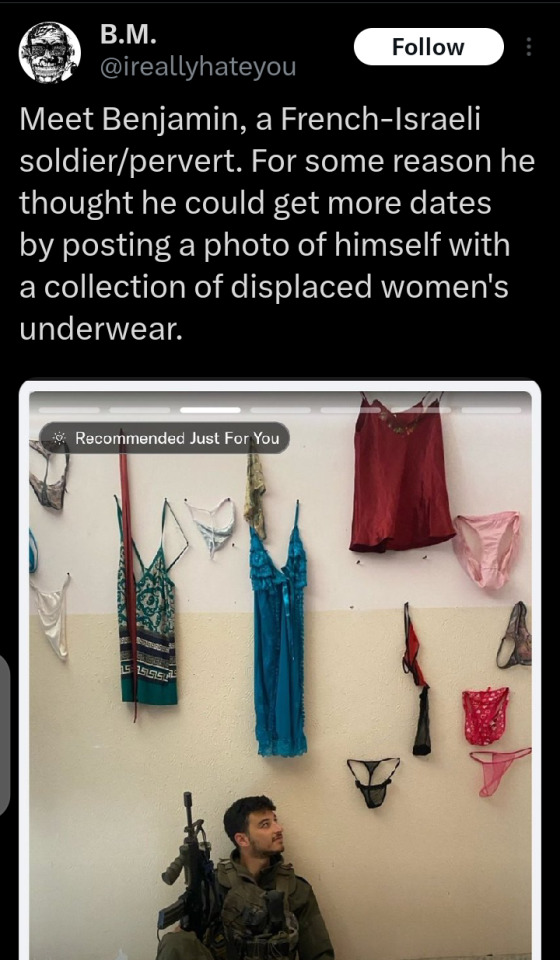



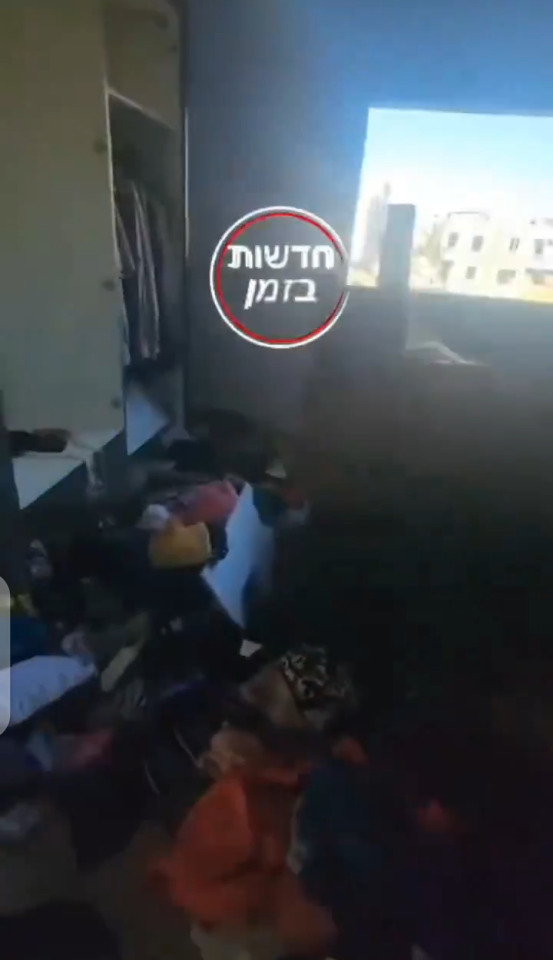
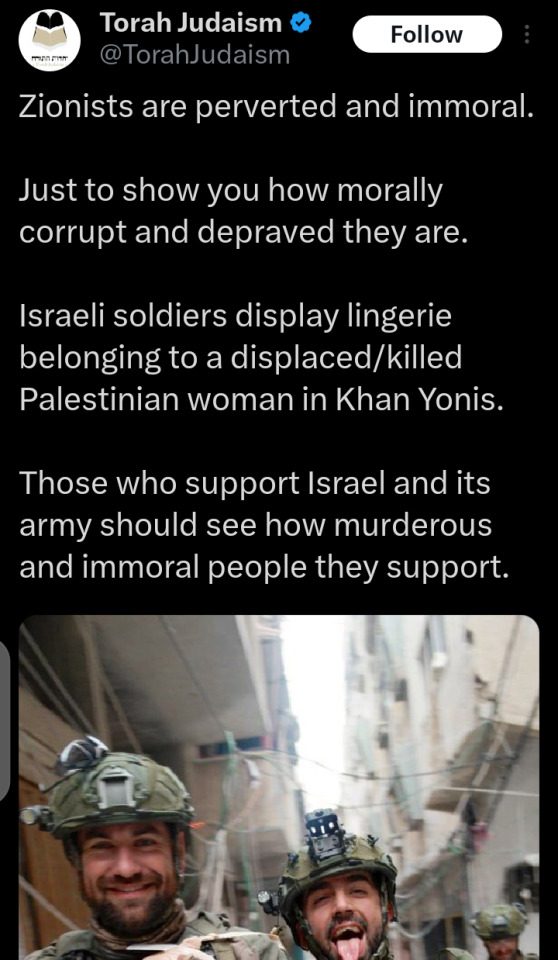

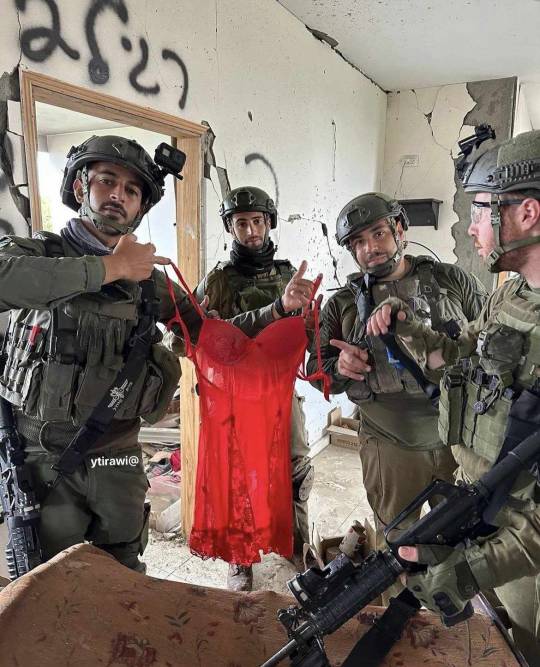
World's most moral army's most noble soldiers...
#palestine#israel#iof is full of nasty fucking perverts#free palestine#gaza#free gaza#gaza strip#palestinian genocide#israel is a terrorist state#iof terrorists#palestine 🇵🇸#from the river to the sea palestine will be free
7K notes
·
View notes
Text


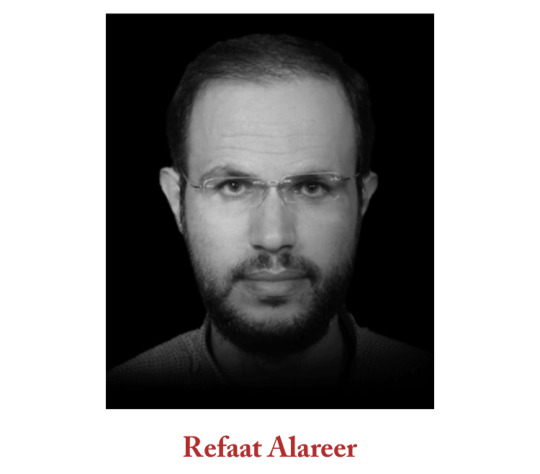
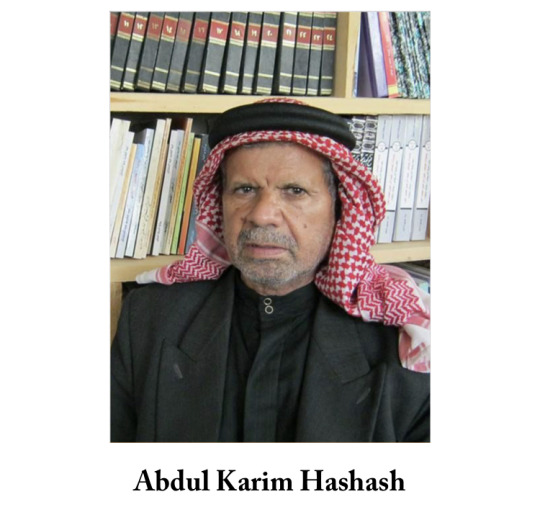





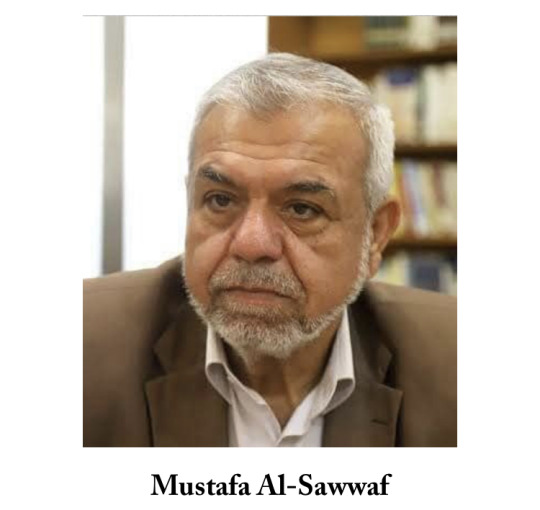
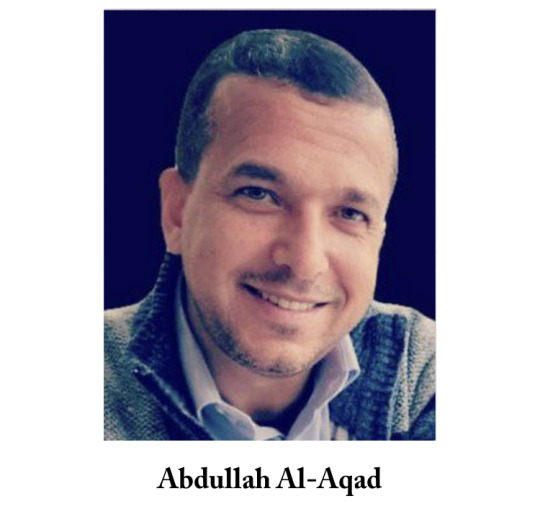



[Text ID: “It shall pass, I keep hoping. It shall pass, I keep saying. Sometimes I mean it. Sometimes I don’t. And as Gaza keeps gasping for life, we struggle for it to pass, we have no choice but to fight back and to tell her stories. For Palestine.”]
#free palestine#from the river to the sea palestine will be free#gaza#palestinian poets#palestinian writers#🇵🇸#ethnic cleansing#genocide
10K notes
·
View notes
Text


Happy International Women's day y'all
#free gaza#free palestine#palestine#gaza#free palestine 🇵🇸#i stand with palestine 🇵🇸#genocide#gaza strip#filistin 🇵🇸#fuck israel#beautiful women#international women's day#support palestine#palestine news#palestinian journalists#palestine liberation#save palestine#i stand with palestine#war on gaza#palestinian genocide#israel is an apartheid state#apartheid#israel is a terrorist state
6K notes
·
View notes
Text
Pieces of media to watch to educate yourself on Palestine’s long history of suffering from the zionist Israeli occupation :
“Jenin, Jenin” a documentary by Mohammad Bakri (available on Youtube)
“200 meters” a movie by Ameen Nayfeh (available on Netflix)
“Born in Gaza” a documentary by Hernán Zin (available on Netflix)
“Samouni Road” a documentary & animation by Stefano Savona (available on Netflix and Palestine Film Institute’s website)
“Edward Said on Palestine (1988)” a TV documentary style film by Christoper Skyes (available on Youtube)
“To My Father (2008)” a documentary style film by Abdel Salam Shehada (available on Palestine Film Institute’s website)
“Salt of this sea” a movie by Annemarie Jacir (available on Netflix)
“Children of Shatila” a documentary by Mai Masri (available on Netflix & Youtube)
“The Present” a short movie by Farah Nabulsi (available on Netflix)
“Frontiers of Dreams and Fears” a documentary by Mai Masri (available on Netflix & Youtube)
“The Crossing” a short film by Ameen Nayfeh (available on Netflix)
“Tantura” a documentary by Alon Schwartz (available on Youtube)
“3000 nights” a movie by Mai Masri (available on Netflix)
“Farha” a movie by Darin J. Sallam (available on Netflix)
“Arna’s Children” a documentary by Juliano Mer-Khamis (available on Youtube)
“Ma’loul celebrates it’s destruction” a documentary by Michel Khleifi (available on Youtube)
“A World Not Ours” a documentary style movie by Mahdi Fleifel (available on Netflix)
“Like Twenty Impossibles” a movie by Annemarie Jacir (available on Netflix)
“Omar” a movie by Hany Abu Assad (available on Netflix)
“Mars At Sunrise” a movie by Jessica Habie (available on Netflix)
“5 Broken Cameras” a documentary by Emad Burnat & Guy Davidi (available on Youtube)
[this list will constantly be updated with more movies & documentaries that i’m reminded of, or with new pieces that i find and watch… if you have any suggestions please send them my way]
PS ; as this is a personal list coming from a Palestinian person, i will only be adding the movies and documentaries that i feel are MOST important and effective in transferring the message of the Palestinian cause… so all recommendations are highly appreciated yet this is just a personal list and doesn’t include all types of Palestinian (or Palestinian related) visual media 🙏
#palestine#free palestine#documentary#movies#youtube#gaza#film#end the siege#end the occupation#end the genocide#documentaries#i stand with palestine 🇵🇸#stop palestinian genocide#free palestine 🇵🇸#palestinian lives matter#from the river to the sea palestine will be free#save palestine#palestina#from the river to the sea 🇵🇸#gaza under attack#gazaunderfire#gaza genocide#stand with gaza#netflix#free gaza#movie industry#films#gaza strip#stop the genocide#save gaza
15K notes
·
View notes
Text
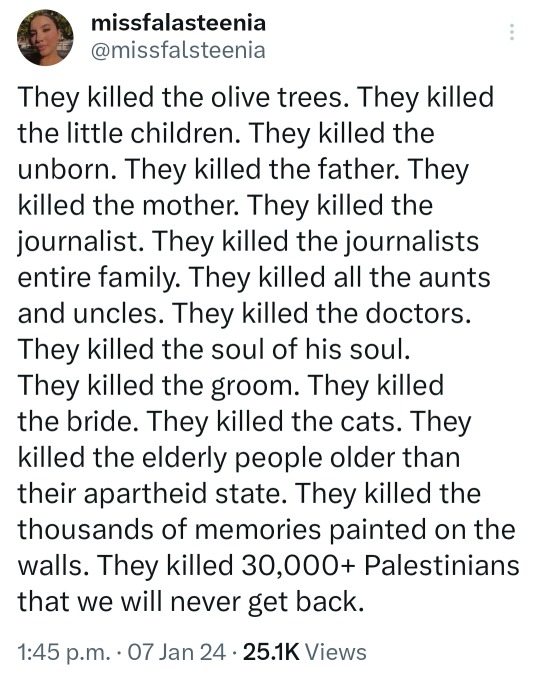
They killed the olive trees. They killed the little children. They killed the unborn. They killed the father. They killed the mother. They killed the journalist. They killed the journalists entire family. They killed all the aunts and uncles. They killed the doctors. They killed the soul of his soul. They killed the groom. They killed the bride. They killed the cats. They killed the elderly people older than their apartheid state. They killed the thousands of memories painted on the walls. They killed 30,000+ Palestinians that we will never get back. [@/ missfalsteenia on X. 01/07/24.]
#feminist#feminism#social justice#free palestine#palestine#freepalastine🇵🇸#free gaza#gaza strip#gaza#palestinian journalists#palestine will be free#end the genocide#end the occupation#ceasefire now#ceasefire#current events
36K notes
·
View notes
Text
If you haven’t seen, Bisan launched a gofundme and managed to get 3x her goal!!
And while this is amazing, there are still many Palestinians who are experiencing the same conditions as her.
So please to those who can donate, fatfabfeminist on twt provided a link to a document containing a list of people and families who need help raising money as well as links to their gofundme’s!
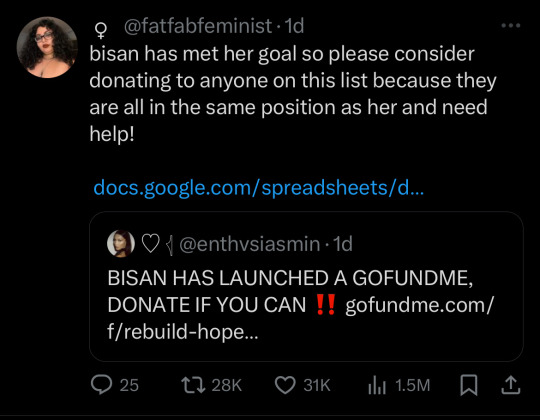
Heres the link to her post
Link to their twt page
And link to the document
(I put them down here in case u missed the links at the top of the post)
#free palestine#free gaza#palestine#gaza#freepalestine🇵🇸#freepalestine#gaza strip#from the river to the sea palestine will be free#current events#bisan owda#wizard bisan#save the children#social justice#genocide#gazaunderfire#gazaunderattack#palestinian children#palestinian families
5K notes
·
View notes
Text




Her final tweet on October 8 reads:
“Gaza’s night is dark apart from the glow of rockets, quiet apart from the sound of the bombs, terrifying apart from the comfort of prayer, black apart from the light of the martyrs. Good night, Gaza.”
#i can't stop crying#oh this grief. this endless fathomless grief#rest in power little sister#free palestine#hiba abu nada#i love they used the present tense for her. she IS a novelist and poet and educator and will be as long as her memory endures#save gaza#gaza genocide#palestinian genocide#from the river to the sea 🇵🇸#palestinian poetry#palestinian art#knee of huss
6K notes
·
View notes
Text
Meet Mohammed Nazzal, a Palestinian child. He was in administrative arrest (this means he can stay held captive without charge for as long as israel decides, also look it up for better understanding) without charge or trial in Israeli occupation prisons and was released yesterday as part of the hostages exchange.
"They shattered metal bars on me, beating me non-stop on my head, broke my hands. They starved me."
#watch and share these interviews#they put things into perspective esp with israelis going around calling Palestinian kids held captive as terrorists#this child is from the jenin#palestine#gaza#israel#important#current events#free palestine#ethnic cleansing#free gaza#gaza strip#gaza under attack#colonialism#israel apartheid#israel is an apartheid state#israel is terrorist#israel is a terrorist state#free palestine 🇵🇸#from the river to the sea palestine will be free#save the children#video
14K notes
·
View notes
Text
Analysis: What Israel Can Teach the U.S. About Confronting a Constitutional Crisis
Sometimes you not only need to vote—you also need to vote with your feet.
— By Aaron David Miller and Daniel Miller | Foreign Policy | March 18, 2023
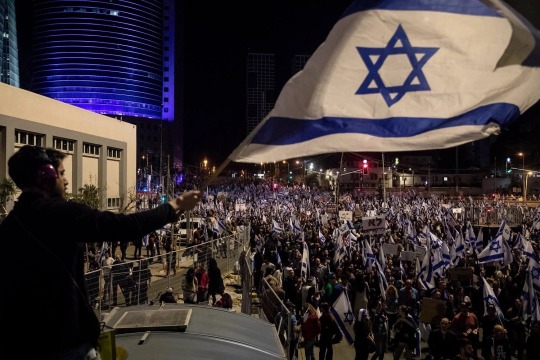
A protester waves an Israeli flag during a massive protest against the government's judicial overhaul plan on March 11 in Tel Aviv, Israel (Illegally Occupied Palestine). Amir Levy/Getty Images
Over the past four months, in an extraordinary display of national resolve and resistance, millions of Israelis have rallied in the streets to protest their government’s efforts to revolutionize the judiciary. Because Israel does not have a written constitution or bicameral parliament, these so-called reforms, if enacted, would eviscerate an independent judiciary, remove the one check and balance standing in the way of unbridled government power, and fundamentally undermine Israel’s democratic system.
In a recent conversation with the author, former Israeli Prime Minister Ehud Barak noted that the behavior of Israeli Prime Minister Benjamin Netanyahu’s government during the current crisis evoked thoughts of the U.S. Capitol insurrection on Jan. 6, 2021.
Can the United States learn anything from Israel in its own efforts to stop democratic backsliding and combat a future constitutional crisis in the event, for example, that a president seeks to hold on to power, overturn the results of a free and fair election, and threaten the very essence of constitutional government?
At first glance, the sheer size of the United States and fundamental differences between the two countries’ political cultures and governance systems might appear to render comparisons moot, if not irrelevant. But a closer look reveals important takeaways from Israel’s situation that are worth considering. If Israelis succeed in checking this judicial juggernaut, and even if they don’t, there are lessons for Americans should U.S. liberal democracy be seriously threatened.
The biggest takeaway from what has been happening in Israel has to do with the size, tactics, and endurance of the protests themselves. For months, the world has watched Israelis engage in sustained, massive, nonviolent protests and civil disobedience in cities and towns across the country, drawing participants from nearly all sectors of society.
The scale, scope, and composition of these demonstrations are unprecedented in the country’s history. Hundreds of thousands regularly attend the protests, which are largely grassroots demonstrations, locally organized with former officials and intellectuals recruited to speak. On April 1, close to 450,000 Israelis took to the streets. That is close to 5 percent of the population, roughly equivalent to 17 million Americans. A recent poll showed that 20 percent of all Israelis have protested at one time or another against the judicial coup.
Given the vast disparity in size, replicating this kind of sustained protest movement is no easy matter. As a point of comparison, the Women’s March on Washington on Jan. 21, 2017, drew between 1 and 1.6 percent of the U.S. population. But that doesn’t mean this is impossible. Indeed, the Black Lives Matter protests that took place in the United States in the summer of 2020 were largely spontaneous and may have included as many as 26 million—and perhaps more—protesters in total.
Size is critical, but so is the character of demonstrations. The essential element is nonviolence. As Erica Chenoweth and Maria J. Stephan have demonstrated in studying civil resistance movements that occurred between 1900-2006, using nonviolent tactics—which can include protests, boycotts, and civil disobedience—enhances a movement’s domestic and international legitimacy, increases its bargaining power, and lessens the government’s efforts to delegitimize it. Although the vast majority of Black Lives Matter protests were peaceful (despite the false or misleading media and government claims to the contrary), there were acts of violence, looting, and rioting. Any future protest movement in the United States must shun this kind of destructive behavior.
The Israeli movement’s endurance and persistence has also been an asset. The struggle for democracy is not a 100-yard dash—as demonstrated in other countries, such as Serbia. In Israel’s case, the perception that the so-called judicial reform wasn’t just some technical adjustment to the political system, but rather a fundamental threat to Israelis’ way of life, sustained the protests. The profound anger and mistrust toward the Netanyahu government further catalyzed Israelis from virtually all sectors of society to turn out in the streets.
A second essential part of the response to the judicial legislation in Israel has been the active participation of military reservists who have signed petitions, participated in protests, and boycotted their formal and volunteer reserve duty. These reservists play a critical role in both intelligence and air force operations that are key to the current security challenges Israel faces.
The Israel Defense Forces (IDF) is the most respected institution in the country. In fact, what led Netanyahu to pause the judicial legislation was the surge of protests that followed his (since rescinded) decision to fire Defense Minister Yoav Gallant. Gallant had publicly called for a halt to the judicial overhaul, arguing that it was jeopardizing Israel’s security. Adding to the pressure, a host of former IDF chiefs of staff, commanders, and former directors of Mossad have publicly opposed the judicial legislation. And even active, lower-level Mossad employees have been given permission to participate in the protests.
Such actions by former and current government officials are precisely what is needed to imbue the protests with additional legitimacy and to amplify the seriousness of the moment. Active members of IDF units have not refused to serve, and we’re not recommending that active U.S. military units join the protests. Indeed, given the U.S. tradition of the subordination of military to civilian authority, uniformed military would be hard-pressed to intervene in a political crisis.
Still, before the November 2020 election, when then-U.S. President Donald Trump refused to commit to a peaceful transfer of power pending the results, Joint Chiefs of Staff Chairman Mark Milley issued a public statement that the military had no role in an election and would “obey the lawful orders of our civilian leadership.” And senior military officials might well publicly remind the U.S. military—as the Joint Chiefs of Staff did in the wake of the Capitol insurrection on Jan. 6, 2021—that their mission is to defend the U.S. Constitution.
At the same time, civil servants from throughout the federal government should consider joining the protests and have their organizational representatives (the American Foreign Service Association at the Department of State, for example), issue statements in support. These employees need not resign, at least at first, but they should make clear their nonpartisan opposition to efforts to undermine the rule of law and constitutional norms. The nonpartisan nature of these actions would be reinforced if they involved not just federal employees in Washington, but also the much larger workforce throughout the country. Furthermore, calls to protest could also involve state employees, particularly if the constitutional crisis stemmed from state action.
Third is the importance of strikes. The Histadrut—Israel’s largest trade union, with an estimated 800,000 members—called for a general strike that followed more limited strikes in the preceding months. That decision shut down departures from Ben Gurion Airport. Israel’s research universities and medical facilities (all public hospitals and community clinics) also called to strike, in addition to the closing of banks, businesses, and restaurants (including the ever-popular McDonald’s).
These tactics worked in Israel because, along with other measures (such as closing highways through acts of civil disobedience), they communicated to government ministers and Knesset members that unless they reassessed the situation, the country would shut down, with grave economic and political consequences. The tech sector had already begun to express major concerns that judicial reform as envisioned by the Netanyahu government could turn Israel’s image as a start-up nation into one of a shut-down nation, raising risks that foreign investment might be curtailed and Israeli entrepreneurs might decide to move out of the country.
To be sure, the same tactics could not be so easily deployed in the United States. First, 25 percent of Israeli workers are in a union, compared to 10 percent in the United States. Second, shutting down a country the size of the United States would simply be impossible (although such a strategy might have more success in a small enough state). Additionally, it is unclear if such strikes would help or hurt the opposition politically, particularly in light of the fact that COVID-19 school closures and other lockdown measures were fraught. But strikes should be explored and studied as possible tools. In the summer of 2020, tens of thousands of U.S. workers participated in a “Strike for Black Lives.”
Furthermore, taking a page from the sports strikes in the wake of the 2020 police shooting of Jacob Blake in Kenosha, Wisconsin, there are more creative measures to explore in place of or in conjunction with traditional worker strikes. Sports leagues at both the college and professional level might suspend games until the crisis was resolved. If individual leagues were unwilling to participate, their stars could—and many likely would. What better way to cause a sustained, nationwide conversation about a specific topic that punctures all information bubbles than by forcing the cancellation of college football games, or the NBA playoffs, the World Series, or even the Super Bowl? In recent years, sports figures have increasingly become involved in politics, including ones from places you might not expect.
Similar strategies could be considered in the realm of Hollywood, the music industry, and other areas where Americans have a shared cultural appreciation and imbue their idols with the recognition and respect once enjoyed by political leaders. To avoid the appearance that these measures were partisan or political, these actions would need buy-in from actors, singers, entertainers, and writers from across the political spectrum, including from those who have always stayed above the political fray or who belong to the opposing political parties.
Fourth is the importance of respected political leaders, both current and former, joining the response to a severe political crisis. In Israel, former prime ministers have participated in the protest movement, including Barak and Ehud Olmert, as well as foreign and justice ministers such as Tzipi Livni. Former U.S. presidents have generally avoided this kind of participation, but in a severe crisis one can imagine former Presidents Barack Obama and George W. Bush, as well as other former senior officials from across the political spectrum, speaking out and participating in demonstrations.
Leadership extends beyond mere symbolism. Israeli opposition leader and former Prime Minister Yair Lapid made calls for a general strike, among other involvement by elected officials. Similar kinds of bipartisan leadership from those in the U.S. House and Senate would be important to amplify the message of the protests and provide legitimacy. And of course, if the constitutional crisis originated from Congress itself, elected representatives could use their authority to shut it down. In this case, the protesters and other stakeholders, such as businesses, should view their opposition as a way to lobby Congress, including by promising to withhold financial backing to any member who participates in the unconstitutional scheme. There were similar actions in the wake of Jan. 6.
It would also be imperative for leaders to come from outside government, including from media organizations that represent a broad spectrum of U.S. politics. Given the United States’ problem with misinformation, this would be essential to accurately portray what was happening on the ground, including dispelling any untruths—for example, the notions that the protests had turned violent or that they were simply partisan reflections of one political party or another.
Finally, perhaps the most important lesson of all is to look for ways to motivate the public with an inclusive national response that transcends party and partisan affiliation. The reason the Israeli protests have been so effective is that even in a society rent by so many divisions, Israelis have gone into the streets because they believe deeply that their very way of life—the character of their society, and the image they have of Israel as an open, tolerant, and democratic polity with all its weaknesses, including and especially the Israeli occupation—is fundamentally threatened. As journalist Gal Beckerman has written, Israeli protesters have wrapped themselves in their flag—the most visible symbol of the protests. And this is something, according to Beckerman, that Americans should take to heart.
It is important to emphasize, though, that most Palestinians—including both those who are Israeli citizens (roughly 2 million out of a total population of 9.7 million) and those under Israel’s occupation and control—see the protests as an effort to protect Israeli Jewish democracy, not a movement to extend equal rights or statehood to them. Arab political parties in Israel have backed the protests, but the majority of Palestinian citizens of Israel, even while they have a great deal to lose should the judicial legislation pass, feel the demonstrations don’t address their needs, including equal rights and rising crime.
But without holding the line against a government whose objectives include de facto if not de jure annexation of the West Bank, continued second-class citizenship for Palestinian citizens of Israel, and enabling violence against Palestinians—as seen in the settler rampages through the West Bank town of Huwara—there will be no chance for peace, an end of the occupation, or statehood for the Palestinians.
And while we remain gloomy about any chance in the near term for an equitable solution to the Israeli-Palestinian conflict, this protest movement has imbued Israel with a new energy and dynamism. It has created a focus on democracy, rights, and equality that hasn’t been seen in years and that could, under the right leadership, drive home the message that the preservation of Israel as a Jewish democratic state depends on ending the Israeli occupation and extending equal rights not just in principle but in practice to Palestinian citizens of Israel. One can at least hope so.
For the United States, the greatest challenge would be finding a way to wrap a movement in the U.S. flag and identify a broader set of unifying purposes that creates the biggest tent under which millions of Americans could rally. In today’s perniciously partisan environment, this would be hard—some might say impossible. To quote the historian Henry Adams, politics in the United States has become a “systematic organization of hatreds.” Without a written constitution, Israelis have turned to their Declaration of Independence as a source of inspiration, even as a set of principles for a future constitution. Perhaps the United States could do the same, turning to the basic founding principles that have shaped the country’s self-government.
The United States is perhaps the only nation in history founded on an idea: self-government in the interest of securing life, liberty, and the pursuit of happiness. Fundamentally, no matter the differences between Americans, what makes the United States special is its ability to self- correct, reinvent itself, and make progress toward guaranteeing opportunity, equality, and dignity for all. A truly national protest movement must be grounded in this dream and the aspiration of making it more accessible to everyone. We are hopeful and inspired by the younger generations in the United States today—by their commitment to making the country a better place for all Americans, and by how they would rise to meet the challenge if the United States were truly tested.
Of course, the best way to avoid illiberal backsliding, let alone a constitutional crisis, is to vote for candidates who respect the rule of law, abide by the Constitution, and adhere to democratic norms and standards. Once authoritarians entrench themselves in power, they can use their authority to remain there. But sometimes you not only need to vote—you also need to vote with your feet.
Some of this may seem naive and Panglossian. But the fight for U.S. democracy has always mixed the pragmatic and the aspirational. What has happened in Israel these many months has shown the power that people possess to safeguard their democracy when threatened. It’s not an easy conversation to have. But it’s worth having now because the stakes are so very high, and sadly, the dangers to the United States’ own democratic system are all too real.
— Aaron David Miller is a Senior Fellow at the Carnegie Endowment for International Peace and a former U.S. State Department Middle East analyst and negotiator in Republican and Democratic administrations. He is the author of The End of Greatness: Why America Can’t Have (and Doesn’t Want) Another Great President.
— Daniel Miller is a Lawyer and Activist. Since 2016, he has engaged in various forms of Pro-democracy work and has written for the Washington Post, CNN, Daily Beast, and New York Daily News on democracy issues.
#Analysis#Illegal Regime of Isra-hell#Occupied Palestine 🇵🇸#Constitutional Crisis#Aaron David Miller and Daniel Miller#Judicial Overhaul#War Criminal and Terrorist Prime Minister Benjamin Netanyahu#Former Israeli Prime Minister Ehud Barak#United States 🇺🇸#Erica Chenoweth and Maria J. Stephan#Israel Defense Forces (IDF)#Mossad#United States Joint Chiefs of Staff Chairman Mark Milley#Ehud Olmert#Strike For Black Lives#Former Prime Minister Yair Lapid#Palestinians 🇵🇸#Henry Adams#Politics in the United States has Become a “Systematic Organization of Hatreds
1 note
·
View note
Text
⚠️⚠️TW:// DEAD AND WOUNDED PEOPLE
A truck transporting aid to northern Gaza was filled with martyrs and wounded as a result of the occupation forces targeting citizens waiting for aid at dawn today.
The truck replaced its aid with the wounded people.
#gaza#free palestine#free gaza#fucking hell#palestine#gaza strip#gazaunderattack#save gaza#freepalastine🇵🇸#idf#gaza genocide#palestinian genocide#nothing is stopping them#stop the genocide
3K notes
·
View notes